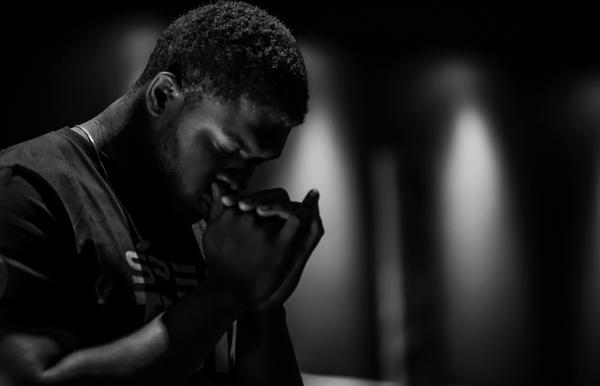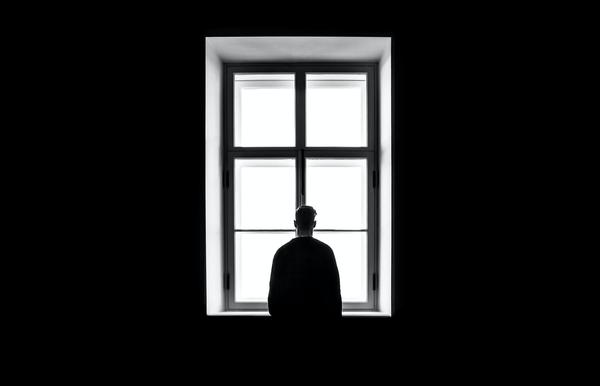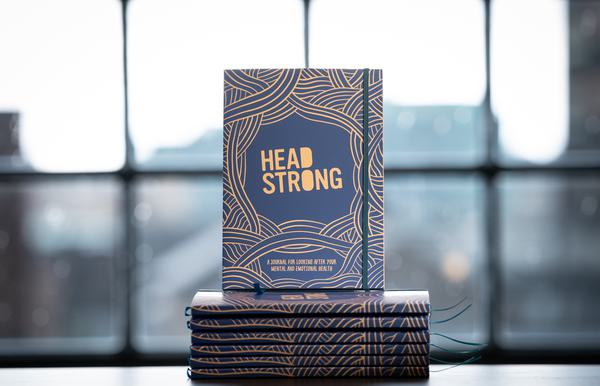Head of Research Lucie Shuker breaks down the results of our weekly survey designed to hear how youth leaders are doing in the midst of COVID-19.
Last week we asked you some questions for the Thursday 3x3 – a way to take the temperature of the youth ministry community during the Coronavirus pandemic. Every Thursday at 3pm we ask three questions that will take you no more than three minutes to answer. We had 28 responses so this is not a representative group and we can’t generalise from these answers to all Christian youth workers in the UK. This week we asked about how you’re feeling, lockdown guidance and positive experiences of youth ministry.
1. Still grateful, still overwhelmed
This is the third (and final) time we’ve asked about how you’ve been feeling over the last week. We’ve asked the same question in week one (n=60) week five (n=53) and now week ten (n=28). With half-term in full swing and many youth workers furloughed, we had fewer people fill out this third survey but there is still some real consistency around the emotional experiences of feeling grateful and feeling overwhelmed. We know practising gratitude is powerful, but how do you manage moments of feeling overwhelmed? Here’s a great article from Dr Kate Middleton on overwhelm and some encouragement from one youth worker to another in a recent blog post for Youth Work News by Gemma Milligan.
Top three emotions reported by youth workers across lockdown:
WEEK 1: Overwhelmed (40%), thankful (35%), optimistic (27%)
WEEK 5: Thankful (43%), overwhelmed (36%), concerned (28%)
WEEK 10: Thankful (37%), overwhelmed (21%), relaxed (21%)
2. Lockdown
In week three we asked whether young people were following social distancing guidelines and (as far as you knew) the majority of you said yes. Now that we all have permission to meet in small groups outside, we wanted to come back to the question. This time we asked which of the statements below you agreed with. Given that youth work is not generally face to face, it is interesting that 30% have explained the guidelines and 85% have encouraged young people to stick to them. 41% have witnessed young people they know not following the guidelines, some of whom have been struggling with anxiety. But, as someone pointed out in a comment, we neglected to ask whether you had seen young people followingthe guidelines! In fact, where people made comments it was generally to tell us about young people’s compliance, or their frustration at friends who weren’t complying.
“Most of them are much better at sticking to it than some adults. And I think they need to be given credit for that.”
“Young people have told me about ways they have been following the guidelines and also their fears around not being able to.”

3. Unexpected positives
We would never choose them, but these experiences of crisis can sometimes precipitate welcome change in ourselves and others. So finally, we asked ‘Has lockdown had any positive impact for your work with young people?’ There were a range of responses, but here (in order of frequency reported) are the key areas where you’ve seen good developments.
- More meaningful contact with young people. For a few respondents, lockdown has meant the opportunity to engage with teenagers you haven’t met before or haven’t seen for a while. But for most people it has been about quality over quantity. This has looked like smaller groups, more focused conversation, space to talk about feelings, the chance to offer pastoral care or just the opportunity to develop closer relationships with specific individuals.
- More creativity in your approach to youth work. You told us about diversifying your programmes, doing more one-to-one engagement, doorstep deliveries, art-based work and even being able to use WhatsApp – despite previous resistance to the idea.
- Deeper faith development. The third main area you mentioned was in young people’s faith. For some of you this has been possible through a renewed focus on God or scripture within group settings. For example, one person who had been running a group within a school is now running the group more frequently and is less limited by the school context. Others described individuals who were being more vulnerable, supportive of peers or whose faith was flourishing during lockdown - particularly where they were helping to run things.
- Other answers. Finally, there were other positives that you told us about: more meaningful contact with the parents of young people; the chance to slow down and read; more contact between young people themselves; opportunities to just have fun; group exercise and even appearances on a Sunday (“because they don't have to get up for 10.30!”)
“I have really enjoyed going deeper with those who have consistently been joining and wanting to journey in their faith. This has been refreshing and life-giving, even though it's sad not having the breadth of contact with ALL the young people”
“We've been creative and worked in new ways which has led to more contact with young people.”
“Using zoom groups took some getting used to for them, but have seen clearer spiritual growth in the group in the last 8 weeks than in the last year.”








